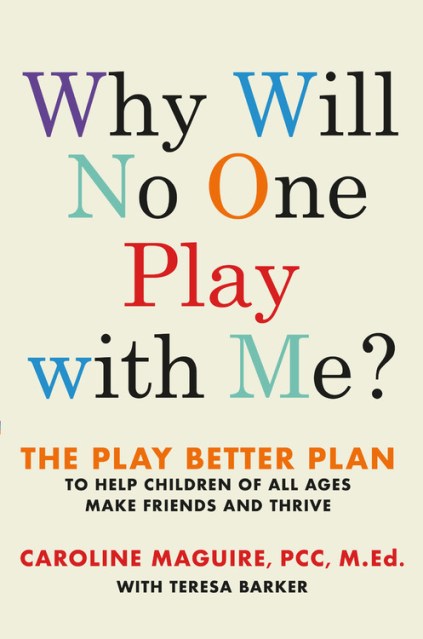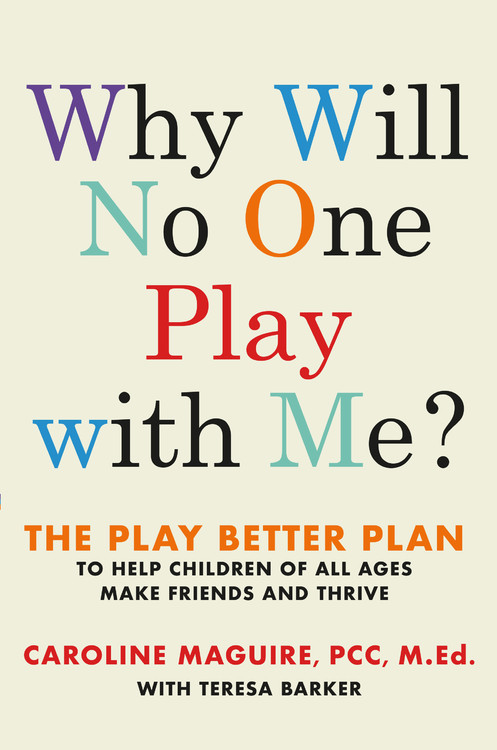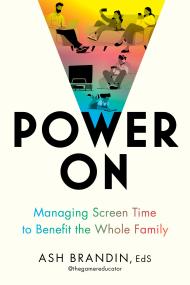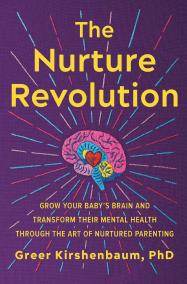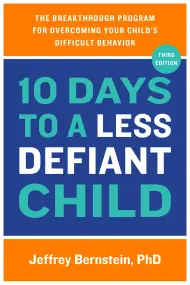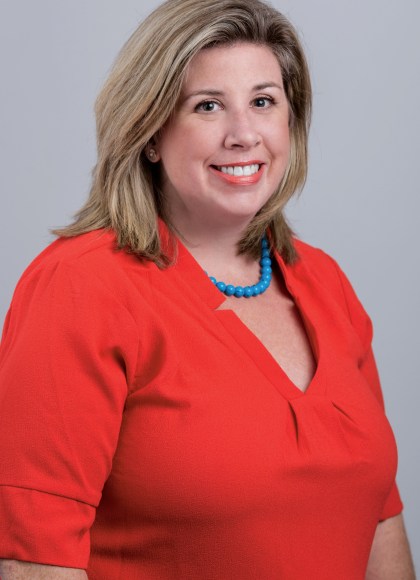By clicking “Accept,” you agree to the use of cookies and similar technologies on your device as set forth in our Cookie Policy and our Privacy Policy. Please note that certain cookies are essential for this website to function properly and do not require user consent to be deployed.
Why Will No One Play with Me?
The Play Better Plan to Help Children of All Ages Make Friends and Thrive
Contributors
With Teresa Barker
Formats and Prices
- On Sale
- Sep 24, 2019
- Page Count
- 384 pages
- Publisher
- Balance
- ISBN-13
- 9781538714836
Price
$30.00Price
$38.00 CADFormat
Format:
- Hardcover $30.00 $38.00 CAD
- ebook $14.99 $19.99 CAD
- Audiobook Download (Unabridged)
This item is a preorder. Your payment method will be charged immediately, and the product is expected to ship on or around September 24, 2019. This date is subject to change due to shipping delays beyond our control.
Buy from Other Retailers:
2020 BEST BOOK AWARD WINNER, PARENTING & FAMILY CATEGORY (Awarded by American Book Fest)
NAMED ONE OF THE 100 BEST ADHD BOOKS OF ALL TIME (BookAuthority)
MOM’S CHOICE AWARD WINNER
NAMED ONE OF THE 100 BEST ADHD BOOKS OF ALL TIME (BookAuthority)
MOM’S CHOICE AWARD WINNER
From renowned parent expert Caroline Maguire, Why Will No One Play with Me? is a groundbreaking program that has helped thousands of children struggling with social skills to make friends, find acceptance, and have a happy childhood.
Every parent wants their child to be okay—to have friends, to be successful, to feel comfortable in his or her own skin. But many children lack important social and executive functioning skills that allow them to navigate through the world with ease.
In-demand parenting expert and former Hallowell Center coach Caroline Maguire has worked with thousands of families dealing with chronic social dilemmas, ranging from shyness to aggression to ADHD, and more. In this groundbreaking book named one of the “Best ADHD Books of All Time” by BookAuthority, she shares her decade-in-the-making protocol—The Play Better Plan—to help parents coach children of any background to connect with others and make friends. Children of all ages—truly, from Kindergarten to college age—will gain the confidence to make friends and get along with others, using tools such as:
*Social Sleuthing: learn to pay attention to social cues
*Post-Play Date Huddles: help kids figure out what to look for in a friendship
*Reflective Listening: improve your child’s relationship with their peers
With compassion and ease, this program gives parents a tangible, easy-to-follow guide for helping kids develop the executive function and social skills they need to thrive.
-
"This thoughtful, compassionate primer to helping children overcome social challenges from Maguire, a coach for children with ADHD and their families, puts a full roster of tools, along with some encouragement, into the hands of parents...breaks down an issue that can seem overwhelming into practical, bite-size chunks...comprehensive and usable."Publishers Weekly
-
"So many parents have shared with me their pain and confusion watching their child struggle socially. Caroline Maguire, in her masterful book Why Will No One Play With Me? does an outstanding job of giving parents just the right research, examples, and advice that will be truly helpful for any parent. You will recognize so many common situations in this book and with Maguire's wisdom and expertise you, and your children, will know you are in the right hands and can get the help you need."Rosalind Wiseman, bestselling author of Queenbees and Wannabes and Mastermindsand Wingmen, founder of Culture of Dignity
-
"This book is a game changer; it is going to transform the lives of so many children (and parents) for the better. Caroline Maguire's passion and knowledge to help parents find real-life, functional solutions to their children's social skills are showcased front and center with this book. WhyWillNoOnePlaywithMe?is a reader-friendly, practical guide, a beacon of hope and actionable help for a problem parents too often think they'll have to live with for life. Once you read this book, you'll see why you'll never have to hear your child ask that heartbreaking question again.Dr. Ned Hallowell, bestselling author of Driven to Distraction
-
"If your child is lonely at school, if your child cannot make a friend, if, as a parent, you are feeling at a loss to help, then Caroline Maguire's groundbreaking Why Will No One Play With Me? is the book you have been waiting for. Caroline provides a wise, tested, and detailed plan for helping your child to develop social skills and open up the pathways to friendship. Even the most experienced counselors and teachers can learn from her experience. I certainly did."Michael G. Thompson,Ph.D., co-author of Best Friends, Worst Enemies: Understanding theSocial Lives of Children
-
"Parents worry when their kids struggle academically, but they lose sleep when their kids don't have friends. This is the book that will teach those parents how to help their child be more socially successful, happier, and more confident. For the families who need it, this book will be a great relief."Dr. Ari Tuckman, PsyD, MBA, Psychologistand Author
-
"Over the past two decades, I have seen thousands of children in my practice with impaired social skills that have had significant negative effects on their lives, and ability to function in the world. In addition to the biomedical treatments I provide, social skills training is an essential part of their treatment programs. This book offers parents a practical approach to children's social isolation and awkwardness that could help so many of them lead more functional, harmonious, and fulfilling lives."Kenneth Bock, author of Healing The NewChildhood Epidemics Autism, ADHD, Asthma And Allergies
-
"This book provides tested and proven tools for consciously creating effective playdates for children with ADD/ADHD or other social skills deficits who struggle socially and don't know how to integrate their special, unique gifts more effectively so that they don't get buried and lost, damaging their self-esteem. This exceptional, life-changing book is a foundational piece essential for parents, enabling them to support their children by helping them improve and maintain important relationships with their friends and feeling good about themselves!!!"David Giwerc, Master Certified ADHDCoach, MCAC, MCC, BCC, Founder/President, ADD Coach Academy
-
"One of the more helpless and powerless feelings of parenthood is watching your child struggle to make friends and navigate the social world. While most children find their way through, many children need targeted support and help to handle this important domain of life. Caroline Maguire's excellent book provides all the ingredients needed for parents and other caregivers to guide their children to develop the essential social skills and to put them to use. One of those rare books that turns understanding into action. Well done."J. Russell Ramsay, Ph.D., AssociateProfessor of Clinical Psychology, University of Pennsylvania Perelman School ofMedicine, co-director and co-founder of the Adult ADHD Treatment and ResearchProgram, and author of The Adult ADHD Tool Kit
-
"Wow! Put this book into the hands of every parent who has tried controlling and counseling their isolated or lonely child to no avail and now is ready to learn how to operationally COACH their daughter or son in specific social skills that will open up more satisfying relationships with peers. Let's clone Maguire and put her into every elementary and middle school in the land!"Carl Pickhardt, PhD, author of Who Stole My Child
-
"It can break your heart to watch your child struggle to make friends or be made fun of. This book provides parents a concrete 'play better plan' to coach their child to develop social skills and confidence. Thank you, Caroline Maguire, for providing a path through this difficult terrain!"MelissaOrlov, founder of ADHDmarriage.com
-
"The coaching program saved us. It literally saved us. I learned that I wasn't alone-that other parents were going through the same issues. I learned so much about my daughter-all her many, beautiful layers. And even more importantly, I was given the tools and strategies I needed to help Sonya gain self-confidence again and make real friends."Maria B, Mother, Play Better Coaching Graduate
-
"The biggest gift the coaching program gave all of us is that of recognizing Olivia's strengths and uniqueness, and helping us to acknowledge and accept that her ways of moving through the world are always going to be different. Caroline helped us figure out which battles were worth fighting, and where I (in particular) could ease up... I only wish that there was enough of Caroline to go around to all of the other moms, kids, and families who struggle with this same stuff."Gretchen A., Mother, Play Better Coaching Graduate
Newsletter Signup
By clicking ‘Sign Up,’ I acknowledge that I have read and agree to Hachette Book Group’s Privacy Policy and Terms of Use
